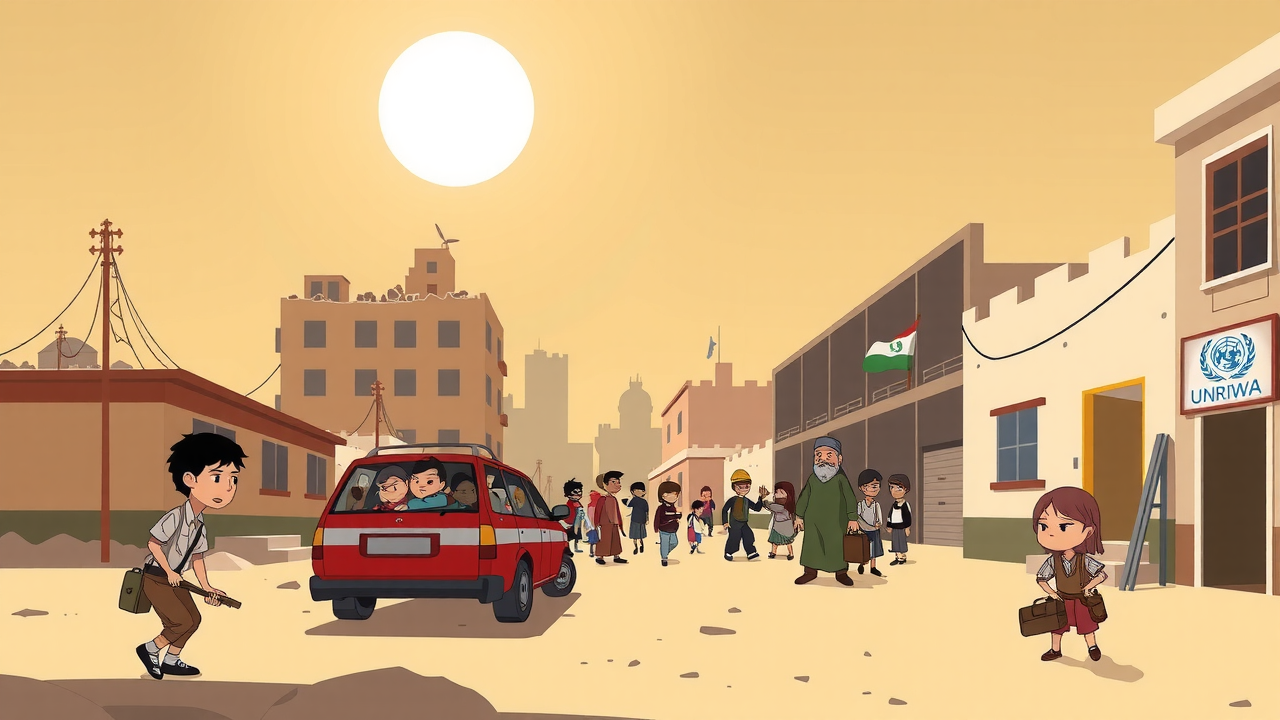The UN Relief and Works Agency for Palestine Refugees (UNRWA) reported that 84,000 people fled Eastern Gaza due to ongoing conflict, exacerbated by intense bombings in the Shujaiya district and restricted aid access. Only 10,600 have found refuge across 27 locations, including pressured UNRWA school

The UN Relief and Works Agency for Palestine Refugees (UNRWA) reported on Monday that around 84,000 people have fled Eastern Gaza due to ongoing military conflict. Intense bombings in the Shujaiya district and restricted access to an aid distribution centre have worsened the crisis.
According to the report, of these 84,000 displaced people, only 10,600 have found refuge, spread across 27 locations, including UNRWA schools which are facing high demand pressures.
A major issue is the scarcity of humanitarian aid reaching Gaza. UNRWA spokesperson Louise Wateridge, in an interview with BBC, states “With these access restrictions from the Israeli authorities, it is incredibly difficult if not nearly impossible for us to deliver a humanitarian response.” She emphasized that humanitarian personnel are present in Gaza, but the lack of available resources is limiting the humanitarian efforts.
The UN Office for the Coordination of Humanitarian Affairs (OCHA) reported on June 28 that less than half of over 100 planned humanitarian missions to northern Gaza were facilitated by Israeli authorities this month. OCHA stated that access restrictions and ongoing hostilities significantly hinder the delivery of essential aid and services across Gaza.
Forced displacement is internationally recognized as a violation of law, highlighted by record numbers of displaced individuals in 2023. Additionally, customary international humanitarian law, specifically Rule 31, mandates the protection and respect of humanitarian relief workers. This protection is crucial for preventing starvation and ensuring the collection and care of the wounded and sick, both fundamental provisions of humanitarian law.
Despite recent UN Security Council resolutions and International Court of Justice orders calling for a ceasefire in some Israeli military operations in Gaza however, Wateridge described Gaza’s situation as “apocalyptic.” Humanitarians are working in destroyed buildings with limited clean water and supplies, facing increasing risks of infectious diseases due to extreme heat and poor sanitary conditions, further straining the fragile health system.





